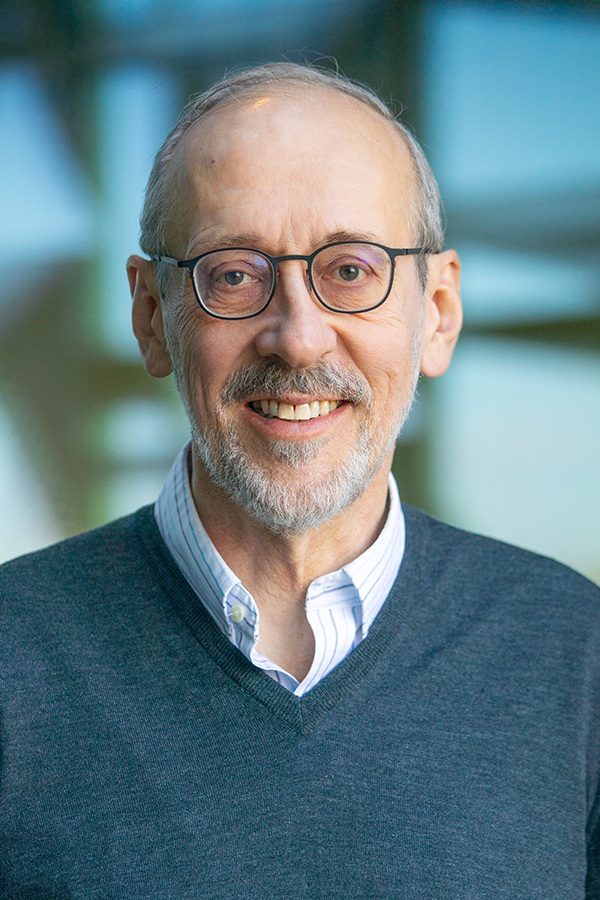News
Fixing the heart is hard. Certain procedures have to be performed on a stationary organ, so the heart is stopped and the patient put on a cardiopulmonary bypass machine. But stopping the heart increases the risk of brain damage. Now researchers at Harvard University and Children's Hospital Boston are testing a robotic system that could help surgeons perform a common valve repair while the heart beats on. The system uses 3-D ultrasound images to predict and compensate for the motion of the heart so that the surgeon can work on a patient's mitral valve as it moves.
"Some 50,000 people a year, in the U.S. alone, get mitral-valve surgery," says Robert Howe, a professor of engineering at Harvard and a researcher on the project. "It is a pressing clinical concern."
Topics: Robotics, Health / Medicine, Bioengineering
Cutting-edge science delivered direct to your inbox.
Join the Harvard SEAS mailing list.
Scientist Profiles
Robert D. Howe
Abbott and James Lawrence Professor of Engineering




